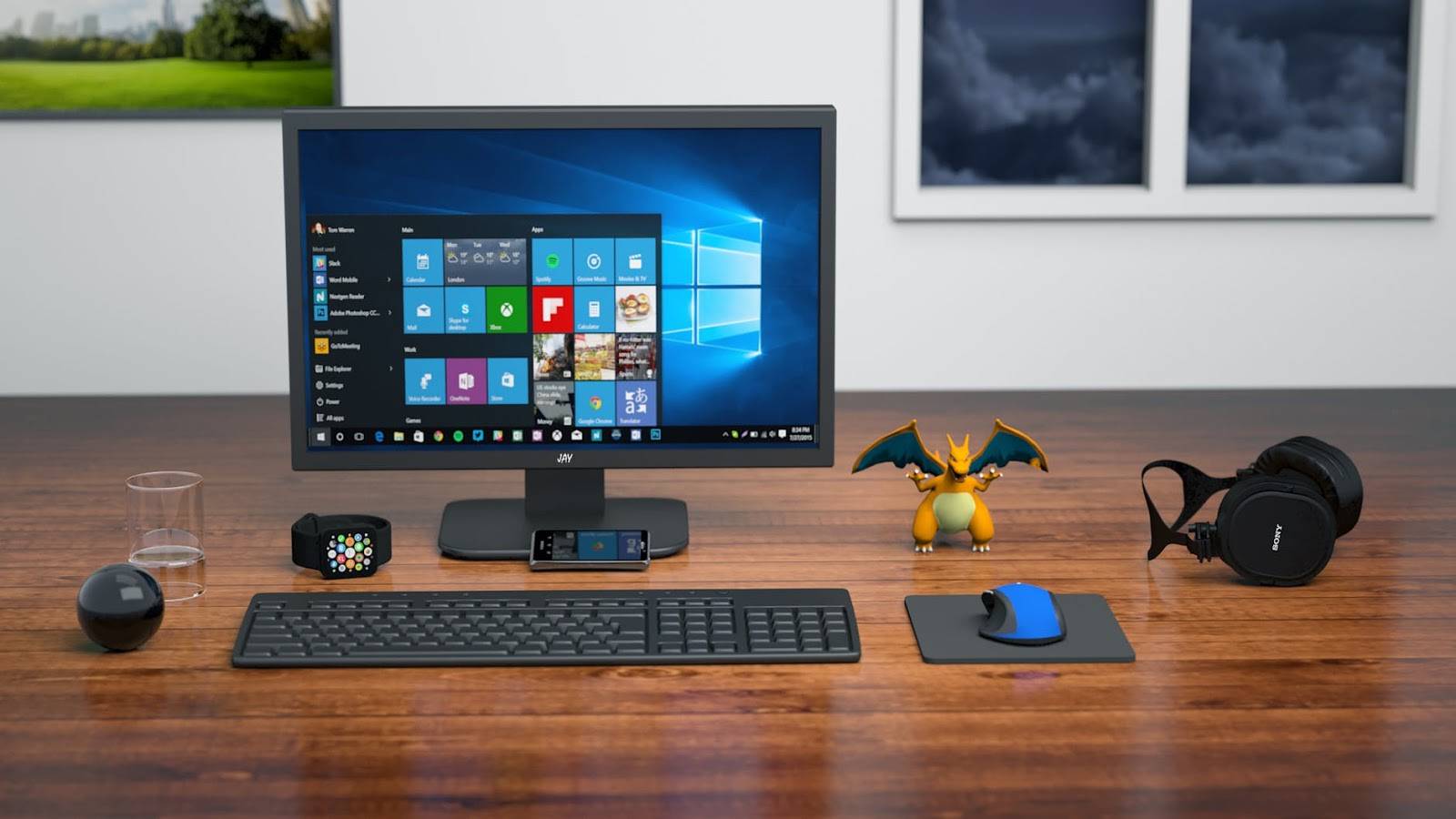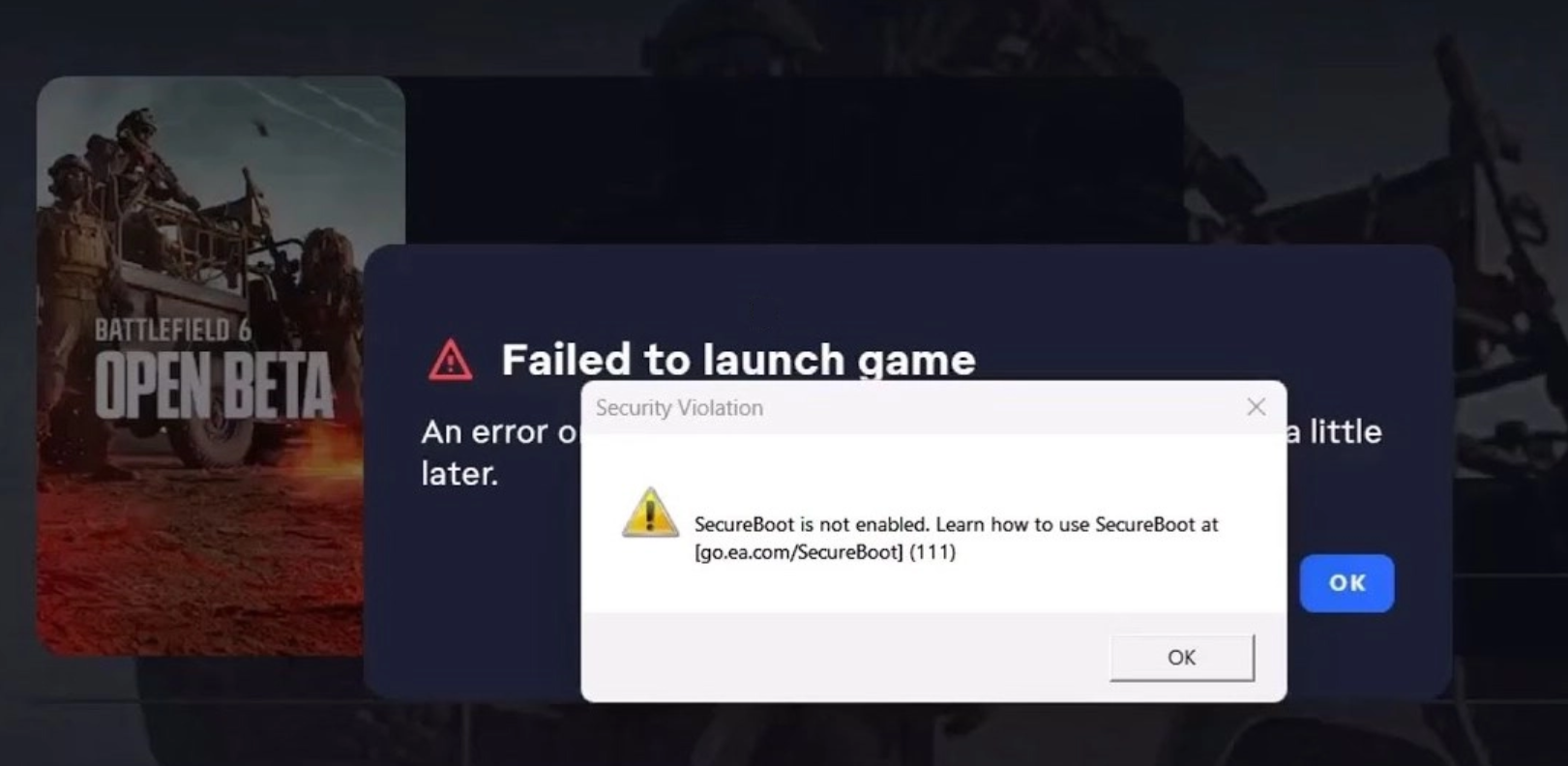California, (October, 2013) –It’s nearly impossible to impress on children the permanence of things they share online through social media, emails or via text. Once they click “send,” that text message, photo or video is out there, available for sharing, forwarding and re-posting by anyone who gets a hold of it. A recent law passed last month in California is aimed at giving kids a chance to delete their digital mistakes, but there are some pretty big loop holes.
In September 2013, California Governor Jerry Brown signed into law Senate Bill 568 which, among other things, requires that operators of any website or online service remove content posted by a minor (18 and younger) if the minor requests it be removed. Postings that fall under the requirements must be removed from public access but can be maintained on the website’s server. The law will apply to websites housed outside of the state, provided that the minor is a California resident. The law will take effect as of January 1, 2015.
While this sounds promising, SB-568 offers little protection in reality. The web site operator must only remove content posted by the minor themselves, a pivotal distinction. If your child wants to remove something that was posted by someone else, for example a photo their friend (or enemy) snaps of them doing something questionable and then posts online, they’re out of luck. Since many websites already include provisions that allow anyone to delete accounts or content that they themselves have posted, critics question what this law really offers other than legal enforcement to pre-existing privacy practices.
This is another step in California lawmakers’ work to protect minors from the long term repercussions of childhood Internet indiscretions. Last year, California lawmakers passed SB-1349, a law that prevents both public and private post-secondary schools in California from demanding social media usernames or passwords as a condition of enrollment, or from threatening or taking pecuniary actions against students or student organizations that refuse to comply with a request for login information.
However, schools can continue to search out any publicly available data linked to a minor. A school district in Glendale, California recently hired a 3rd party firm, Geo Listening, to monitor student’s public posts on social media. While the disclosed intention is to identify at-risk students, those who may be contemplating suicide or violence toward others, the overlap between data posted to social media and intervention by school officials leaves some to question the extent to which the information gathered may affect their child’s academic future. Other parents welcome the “second pair of eyes” monitoring their children’s online activities.
While it is promising that lawmakers are aware of the ongoing challenges faced by minors with access to the Internet and taking actions to try to offer them some legal protections, the protections are still minimal. While some children are certainly posting questionable things about themselves, the vast majority of things that they would want to remove from the Internet are more likely going to have been posted or shared by others. Once something is made available online, if it’s truly shocking, funny or compromising it’s likely to get shared and re-posted almost instantly, and not always by friends kind enough to listen when little Johnny wizens up and asks them to take it down.
This law offers no protection from cyber bullies who post nasty comments, images or videos about others intentionally, though to be fair that isn’t the intention of the law. The bill’s author, California Senate President pro Tempore Darrell Steinberg says it’s intended to help kids “who often act impetuously with postings of ill-advised pictures or messages before they think through the consequences. They deserve the right to remove this material that could haunt them for years to come,” (http://www.law360.com/articles/479853/inside-calif-s-new-online-privacy-law-for-minors).
Unfortunately, the world of technology continues to evolve faster than lawmakers can keep up. With a generation of kids that learn that anything worth doing should be posting online, and many of whom judge their worth by how may “likes” or “views” their postings generate, what’s a parent to do? We’re glad that California lawmakers are making an effort to help minors reduce the long term ramification of their own childhood indiscretions, but know that it’s ultimately up to us as parents to teach our children about the consequences and permanence of things posted online.

About The Author: Andrea Eldridge is CEO and co-founder of Nerds On Call, a computer repair company that specializes in on-site and online service for homes and businesses. Andrea is the writer of a weekly column, Nerd Chick Adventures in The Record Searchlight. She prepares TV segments for and appears regularly on CBS, CW and FOX on shows such as Good Day Sacramento, More Good Day Portland, and CBS 13 News, offering viewers technology and lifestyle tips. See Andrea in action at callnerds.com/andrea/.
About Nerds On Call: Established in a spare room in Redding, Calif., in March 2004, Nerds On Call offers on-site computer and laptop repair services to consumers and businesses. Nerds On Call provides trouble-shooting for PCs and Macs, home and office networks, printers, iPods® and MP3 players, handheld devices and cell phones, home theaters and game systems, and virtually every other form of digital entertainment. In 2009, 2010, & 2011 the company was named to Inc. magazine’s list of 5000 fastest growing private companies. With 7 locations across California and Oregon, Nerds On Call serves more than 40,000 satisfied customers per year. For more information, visit callnerds.com or call 1-800-919-NERD.






